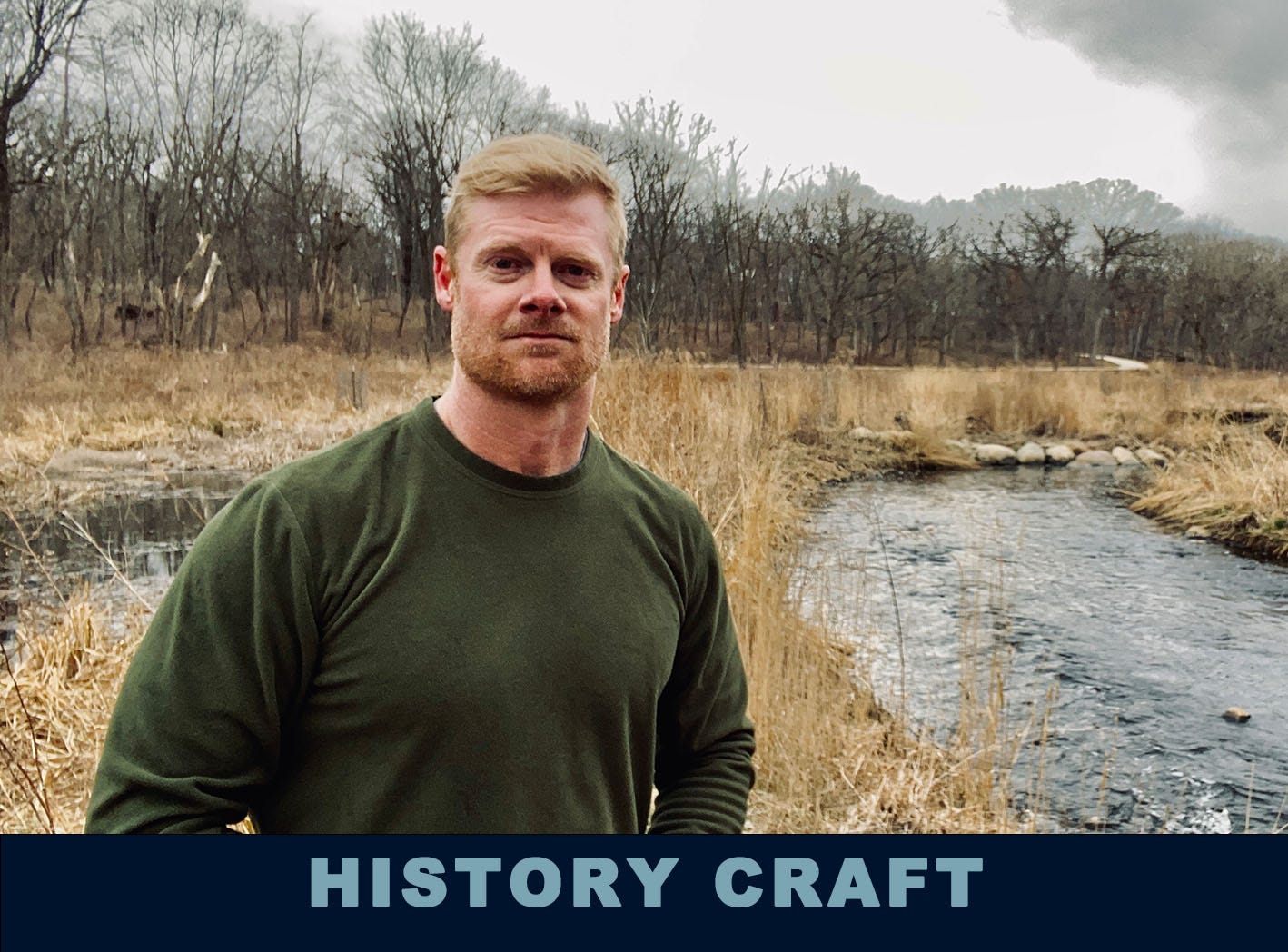I love a good origin story. Typically, this focuses on an individual and how they got their start in a particular field of work. Today, I’m presenting the origin story of a unique—and high-achieving—group of individuals: US Navy SEALS.
Over a month ago, I read a new book called BY WATER BENEATH THE WALLS by first-time author Ben Milligan. Here’s a quick-…
Keep reading with a 7-day free trial
Subscribe to Work/Craft/Life to keep reading this post and get 7 days of free access to the full post archives.




